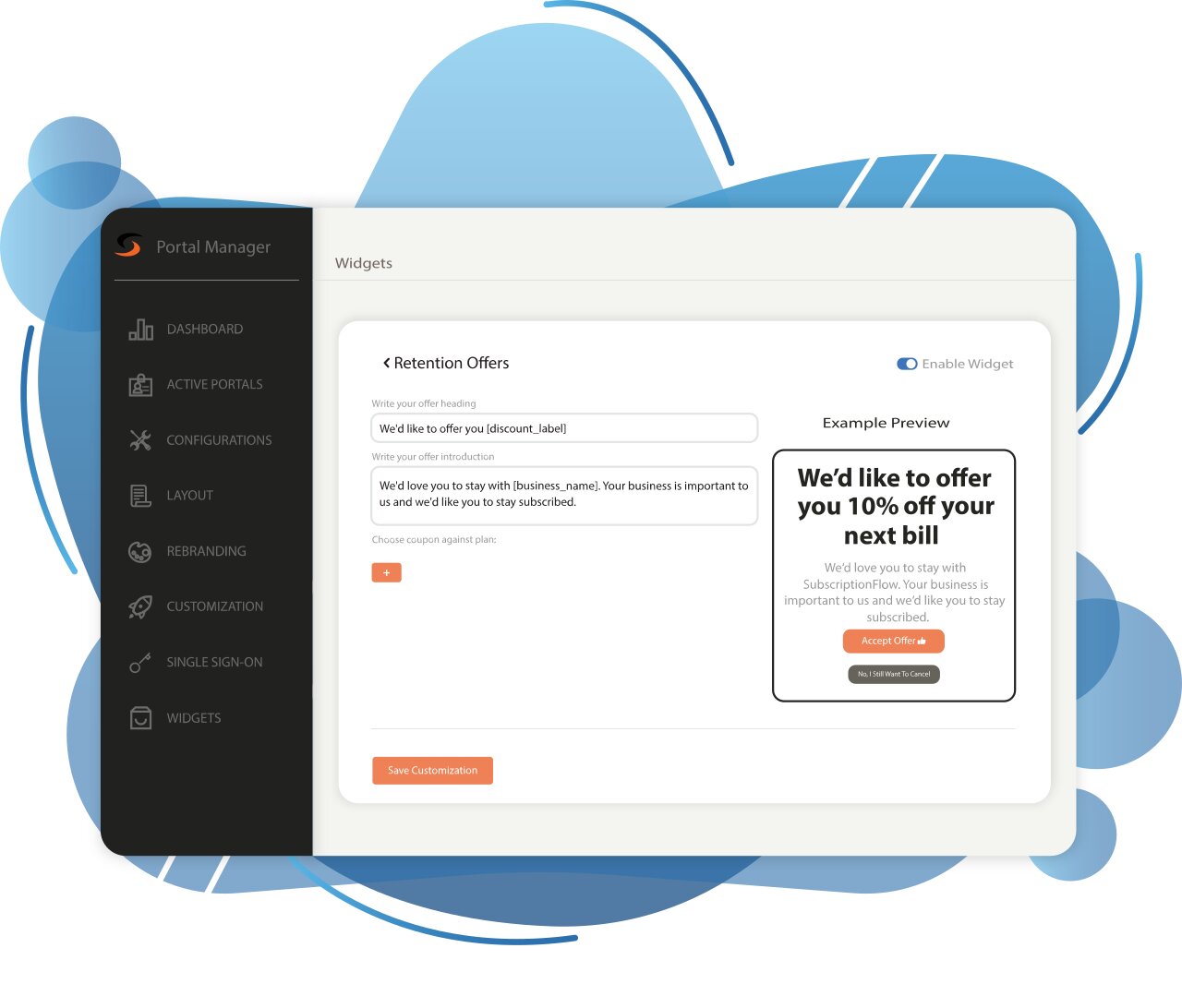In today’s fast-paced business environment, maintaining profitability while managing complex revenue streams can be challenging. Companies across various industries are seeking solutions to optimize their revenue management processes, and this is where Revenue Management Software (RMS) comes into play. RMS is a vital tool that helps businesses manage their revenue streams effectively, ensuring that they are maximizing their profitability while maintaining efficiency.
What is Revenue Management Software?
Revenue Management Software is a specialized solution designed to help businesses optimize their pricing strategies, forecast demand, and manage revenue. It integrates with various business functions like sales, finance, and marketing to provide a comprehensive view of revenue streams, enabling companies to make data-driven decisions.
RMS uses advanced algorithms, data analytics, and machine learning to analyze historical data, current market trends, and customer behavior. This allows businesses to predict demand, set optimal prices, and manage inventory efficiently. By doing so, companies can ensure that they are selling the right product to the right customer at the right price and time.
Key Features of Revenue Management Software
-
Dynamic Pricing: Dynamic pricing is one of the core features of RMS. It allows businesses to adjust their prices in real-time based on various factors such as demand, competition, and market conditions. This ensures that companies can remain competitive while maximizing their revenue.
-
Demand Forecasting: RMS uses advanced algorithms to analyze historical data and predict future demand. This feature is crucial for businesses in industries like hospitality, airlines, and retail, where demand can fluctuate significantly. Accurate demand forecasting helps companies make informed decisions about inventory management, pricing, and marketing strategies.
-
Inventory Optimization: Effective inventory management is critical to revenue management. RMS helps businesses optimize their inventory levels by predicting demand and adjusting inventory accordingly. This reduces the risk of overstocking or understocking, leading to improved cash flow and profitability.
-
Revenue Forecasting: RMS provides businesses with the tools to forecast future revenue based on historical data and market trends. This feature allows companies to set realistic revenue targets and develop strategies to achieve them.
-
Integration with Other Systems: RMS can be integrated with other business systems such as Customer Relationship Management (CRM), Enterprise Resource Planning (ERP), and Point of Sale (POS) systems. This integration ensures that all business functions are aligned, and data is shared seamlessly across the organization.
-
Reporting and Analytics: RMS offers robust reporting and analytics capabilities, providing businesses with real-time insights into their revenue streams. This data can be used to identify trends, assess the effectiveness of pricing strategies, and make informed decisions about future business strategies.
Benefits of Revenue Management Software
-
Increased Profitability: By optimizing pricing strategies and forecasting demand accurately, RMS helps businesses maximize their revenue and profitability. The software ensures that companies are selling their products at the right price, to the right customer, at the right time, which leads to increased sales and higher profit margins.
-
Improved Efficiency: RMS automates many of the revenue management processes, reducing the need for manual intervention. This leads to improved efficiency, as employees can focus on more strategic tasks rather than spending time on repetitive, time-consuming activities.
-
Enhanced Decision-Making: RMS provides businesses with real-time data and insights into their revenue streams, enabling them to make informed decisions. The software’s predictive capabilities allow companies to anticipate market changes and adjust their strategies accordingly.
-
Better Customer Experience: By offering dynamic pricing and personalized offers, RMS helps businesses improve the customer experience. Customers are more likely to make a purchase when they feel they are getting a good deal, leading to increased customer satisfaction and loyalty.
-
Scalability: As businesses grow, their revenue management needs become more complex. RMS is scalable, meaning it can handle the increased volume of data and complexity that comes with business growth. This ensures that companies can continue to optimize their revenue management processes as they expand.
-
Risk Mitigation: RMS helps businesses mitigate risks associated with pricing and inventory management. By providing accurate demand forecasts and optimizing inventory levels, companies can reduce the likelihood of overstocking or understocking, which can lead to financial losses.
Industries Benefiting from Revenue Management Software
Revenue Management Software is used across various industries, each with its unique challenges and needs. Here are some industries that particularly benefit from RMS:
-
Hospitality: The hospitality industry, including hotels and resorts, relies heavily on RMS to optimize room rates based on demand, seasonality, and events. RMS helps these businesses maximize occupancy rates and revenue per available room (RevPAR).
-
Airlines: Airlines use RMS to manage seat inventory and pricing dynamically. The software helps airlines predict demand, set ticket prices, and manage seat availability to maximize revenue per flight.
-
Retail: In the retail industry, RMS is used to optimize pricing strategies, manage promotions, and forecast demand. Retailers can adjust prices in real-time based on factors like inventory levels, competition, and customer behavior.
-
Telecommunications: Telecommunications companies use RMS to manage pricing for their services and products. The software helps these companies optimize their pricing strategies, manage promotions, and forecast demand for different services.
-
Car Rentals: Car rental companies use RMS to manage fleet availability and pricing. The software helps these companies optimize their pricing strategies based on factors like demand, seasonality, and location.
-
Energy and Utilities: Energy companies use RMS to manage pricing for their services. The software helps these companies forecast demand, set prices, and manage inventory levels, ensuring they can meet customer needs while maximizing revenue.
Challenges in Implementing Revenue Management Software
While the benefits of RMS are significant, implementing the software can present some challenges. Here are a few common challenges businesses may face:
-
Integration with Existing Systems: Integrating RMS with existing business systems can be complex, especially for companies with legacy systems. Businesses need to ensure that the software can communicate with other systems and that data is shared seamlessly across the organization.
-
Data Quality: RMS relies on accurate data to provide reliable forecasts and insights. Poor data quality can lead to inaccurate predictions and suboptimal decision-making. Businesses need to ensure that their data is clean, accurate, and up-to-date.
-
Cost: Implementing RMS can be costly, especially for small businesses. However, the long-term benefits often outweigh the initial investment. Businesses need to carefully consider the cost of the software and weigh it against the potential return on investment.
-
Change Management: Implementing RMS often requires changes to existing business processes. Employees may need to be trained on the new software, and there may be resistance to change. Businesses need to manage the change process carefully to ensure a smooth transition.
Conclusion
Revenue Management Software is a powerful tool that can help businesses maximize their profitability and efficiency. By optimizing pricing strategies, forecasting demand, and managing inventory effectively, RMS enables companies to make data-driven decisions that lead to increased revenue and improved customer satisfaction. While implementing RMS can present challenges, the long-term benefits make it a worthwhile investment for businesses of all sizes. As industries continue to evolve, the importance of effective revenue management will only grow, making RMS an essential component of any successful business strategy.




